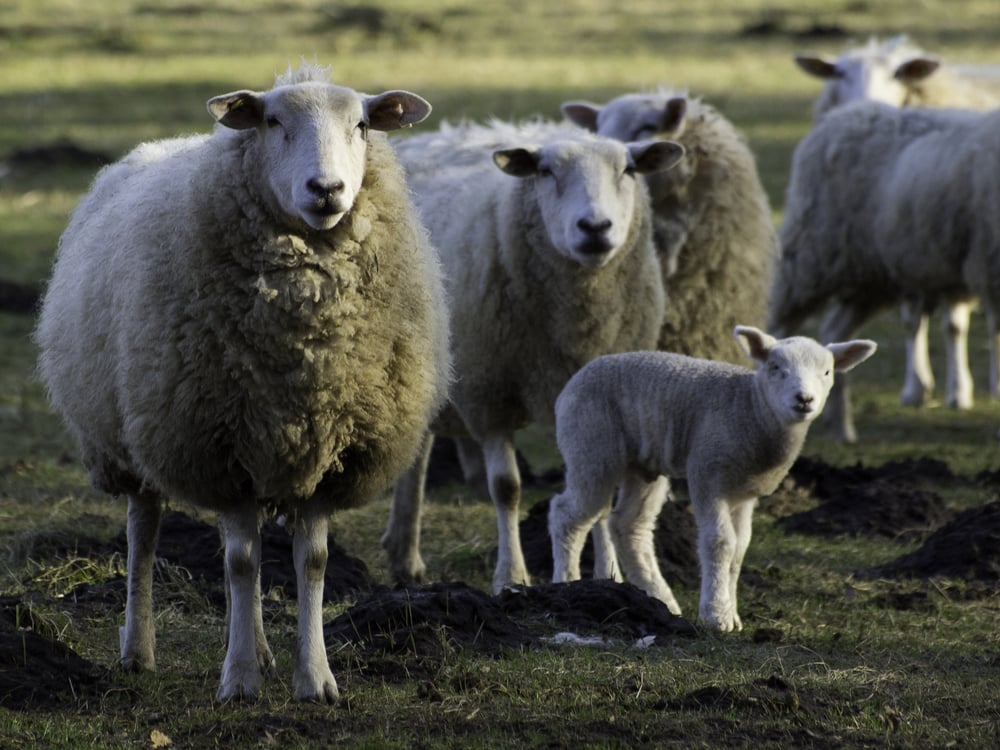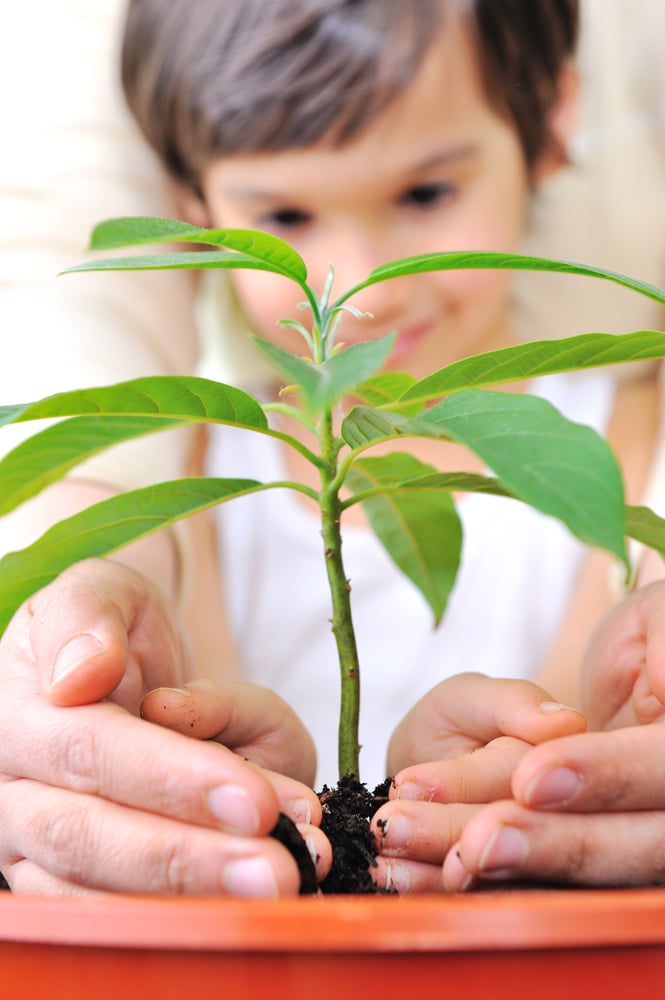Compost Today for
A Healthy Tomorrow
Wool offers a powerful, natural solution for enriching our soil and promoting plant health. Consider innovative solutions like incorporating nutrient-rich wool into our compost to foster robust ecosystems and drive sustainable growth.
Cultivating a Greener Future: Our Regenerative Project Initiatives
Reduce Global Emissions: With Natural Wool Fiber!
Incorporating wool into compost offers significant benefits, enriching soil with vital nutrients like slow-release nitrogen, improving water retention, and even deterring pests like slugs and snails, all of which contribute to healthier, more resilient ecosystems and agricultural practices.
Protecting Ecosystems
Wool compost: Nurturing soil, naturally, to protect our shared ecosystems and foster a thriving circular economy. Retaining water to reduce overuse of our water resources.
Shift Towards Clean Energy
By transforming wool into nutrient-rich compost, we reduce the need for energy-intensive synthetic fertilizers, actively contributing to a cleaner energy future. This sustainable practice lessens our environmental footprint and nurtures healthier ecosystems from the ground up.
Closing the Loop: Sustainable Futures for Farmers
Sheep farmers can expand their economic horizons by leveraging wool beyond traditional textiles. Composting lower-grade wool into a nutrient-rich soil amendment transforms a potential waste product into a valuable agricultural input, diversifying revenue and reducing reliance on chemical fertilizers. This fosters more resilient and profitable farming.
Breathe Easier: How Wool Helps Lessen Airborne Chemicals
The effectiveness of natural wool as a soil supplement stems from its controlled, slow release of nutrients, a process that occurs as it gradually breaks down under normal environmental conditions within the soil, rather than rapidly dissolving like some synthetic alternatives.
Clean Soil, Clean Future: The Wool Compost Solution
Instead of harmful materials spreading through air, water, and soil, natural wool compost offers a sustainable solution, enhancing the ground and supporting life without contamination.

Take Action. Let’s Get In Touch
Addressing critical challenges like food security and sustainable resource management can feel overwhelming. However, by embracing wool compost, every grower, whether a small home gardener or a large commercial operation, can directly contribute to healthier soil, more productive crops, and a more sustainable future.
Case Study

Cleaner Soil, Purer Air: Wool Compost's Impact on Reducing Chemical Pollution
Strategic land use and sustainable agricultural planning are essential mitigation actions against soil degradation, much like protecting vital ecosystems and promoting regenerative farming practices. Investing in soil health monitoring systems, equipping farmers with sustainable tools, and offering hands-on training in organic methods are examples of preparedness actions. Ultimately, proactive soil improvement lies at the heart of resilient agriculture and ecological stewardship.

Shifting Our Focus: Wool Compost's Role in Safeguarding Global Water Purity
Smart land planning and using compost, especially near rivers, help protect our water. So do keeping natural water filters safe and teaching communities about healthy watersheds. To get ready, we can use tools to check soil moisture, and add natural materials like wool compost to the soil. Wool compost helps the soil hold onto water better, keeping it moist for longer, which means we don't need to overwater. Protecting our water is key to a healthy environment.
